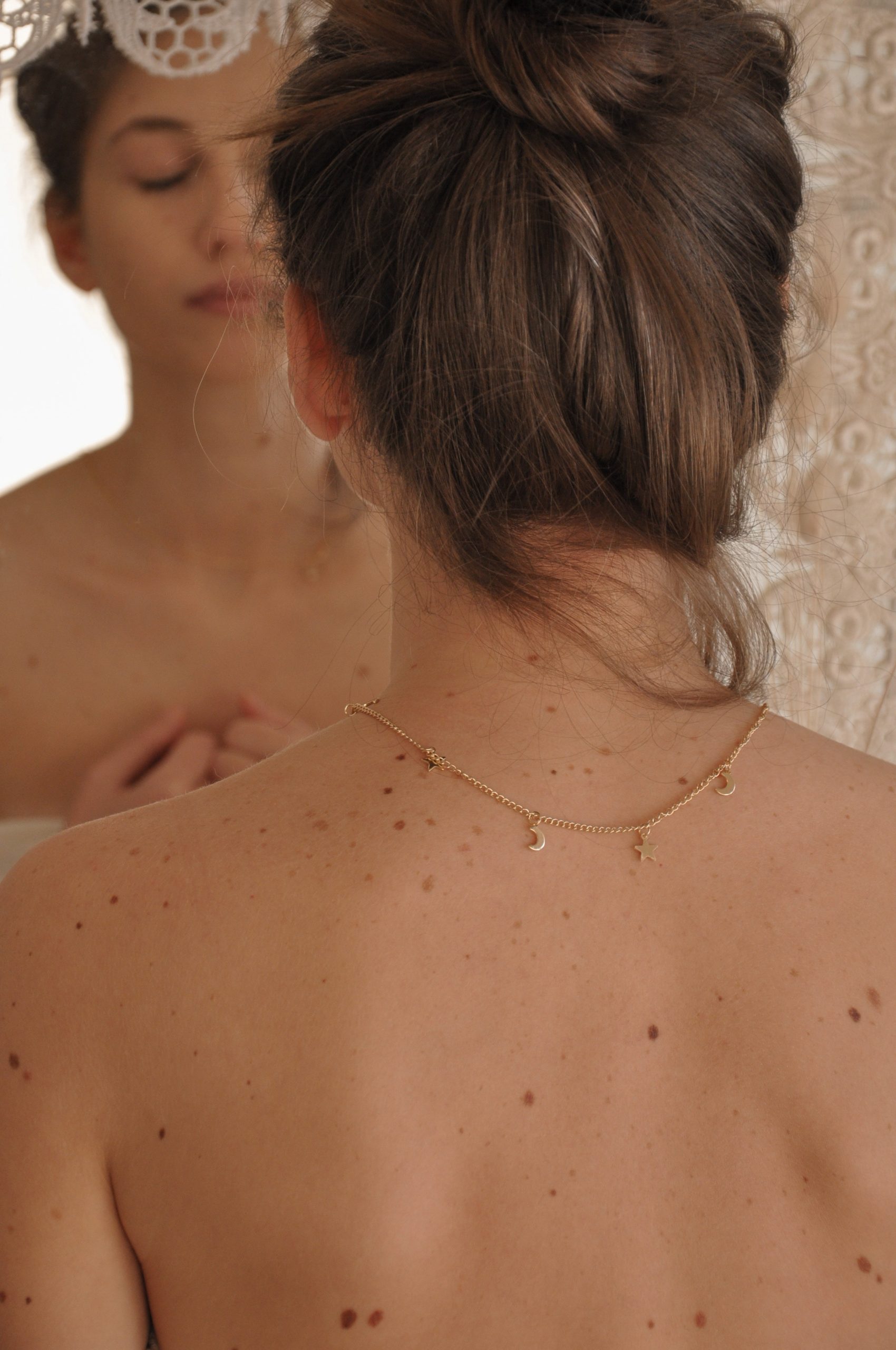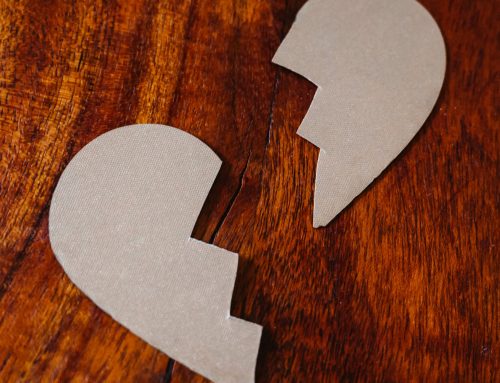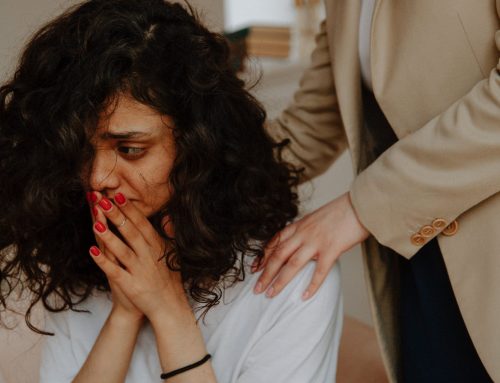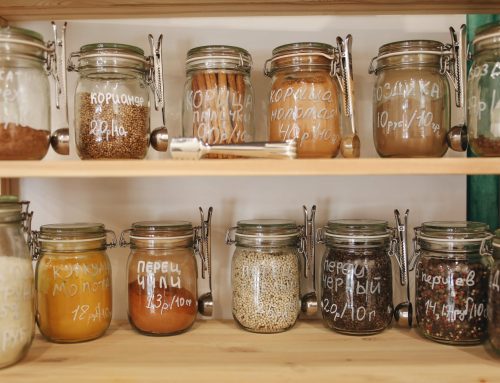
Growing up in a South Asian household, mental health was never really talked about. Therapy? That’s not for us. In my culture we solve problems privately within the home, and by “solve problems” I mean sweep them under the rug. I knew that my father struggled with Depression when I was a child, but I didn’t know anything more than that. I didn’t really know what Depression meant at that time and no one ever attempted to or wanted to explain it to us. My parents divorced when I was 14 and my father chose to live in Fiji, while my mother continued to raise us here in Vancouver. In my eyes, as a teenager, I felt abandoned by him and resented him throughout my adult life. I couldn’t wrap my head around a father leaving his children behind. I didn’t understand how he could do such a thing. Fast forward to my father’s passing. I was a grown adult working in my profession of choice and living my own life. My mother didn’t have it in her to tell me what had happened to my father, so my uncle had to break the news to me. When my uncle informed me of my father’s death, I matter-of-factly said, “I’m going to make some avocado toast”. He asked if I heard what he said and I quietly nodded. One might strike my response as alarming but not my family. It wasn’t to be discussed. After someone passes away in our culture, we pray for them. On one night of prayers, I was simply overwhelmed with sadness and went to my bedroom to cry in peace, away from the judging eyes of our family and friends. Apparently, that was not allowed. I wasn’t allowed to cry as my uncle and mother informed me, as they burst through my bedroom door. I was told to get up immediately and serve the hungry guests in my dining room. I was also told that I wasn’t allowing my father’s soul to rest because I was crying “too much”. I remember this overwhelming sense of loneliness but all I could do at the time was nod and serve our guests. Upon meeting one of my father’s friends, as I was serving him a cup of tea, he stops me and says, “There is something you should know about your father. Something that will give you some peace”. I stood there with bated breath. He went on to say that my father was actually diagnosed with bipolar disorder. I just stood there in disbelief. I stood there and held back the tears. All that went through my mind was “If only I had known…why didn’t anyone tell me?”. I felt betrayed. I felt like my family’s way of “protecting me”, only hurt me deeper. I decided to seek therapy to work through all these feelings and process my grief in a healthy way. I went out of my way to keep my therapy sessions private. I didn’t want to show my family that I was seeing a therapist because first of all they wouldn’t understand and second of all, they would think I was “crazy”. I still don’t share that I continue to go to therapy as a part of my self-care journey. I keep it private because it is something I hold sacred. I am not writing this piece to disassociate from my south Asian upbringing, but instead show gratitude for all the love and caring that I did receive. My family loved and continues to love me very much, but mental health is something they just don’t feel comfortable talking about. It is a “generational thing”, in my particular case, for sure. I think because of what we experienced growing up, my sister and I wanted to find a way to help others in need. My sister works as a Registered Clinical Counsellor, and I work as a Behaviour Interventionist. It is important to acknowledge where you come from, but also important to strive to do better.







Leave A Comment